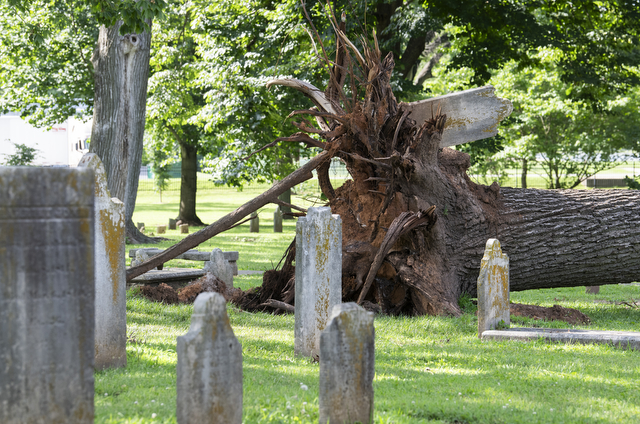WKU professor looks into Chinese rape case by American soldiers
Published 11:00 pm Saturday, September 30, 2017

- Chunmei Du
When Chunmei Du began studying a historic rape case involving a Chinese university student and two American GIs, she discovered it was a window into the larger course of Chinese-U.S. relations.
“I was really interested in the turning point,” said Du, an associate professor of history at Western Kentucky University.
Du’s research has been selected as the beneficiary of a $17,500 grant from the Chiang Ching-kuo Foundation for International Scholarly Exchange based in Taiwan.
WKU History Department Chair Eric Reed described Du as a skilled teacher and said it takes serious research chops to win such a competitive international grant.
“We’re very proud of that, and we’re very proud of her,” he said.
In 1946, a young Chinese university student was raped in a field by two intoxicated American soldiers, Du said.
Because of extraterritoriality, a policy that exempts individuals from jurisdiction under local law, the soldiers were later exonerated by the U.S.
Seemingly overnight the image of Americans shifted from liberators and allies against Axis-aligned Japan to drunken rapists, Du said.
The widespread anti-American resentment the incident created was used by China’s Communist Party before it came to power in 1947, Du said.
“There’s a continuity of that narrative,” Du said, adding that America’s imperialist image never died out.
Eventually, Du’s goal is to produce a book from her research, she said.
However, Du said her research extends beyond one rape case that profoundly influenced Chinese public opinion. Her research has introduced her to unexplored social interactions between American military forces and the Chinese public. Those interactions range from everyday accidents that triggered disputes to relationships between Chinese women and American men.
These collective interactions represent rising frictions concerning race, gender and class that all tie into the anti-American sentiment, Du said.
“They all played a role,” she said, adding there’s more to history than the political narratives suggest. “There’s a lot more to the stories.”






